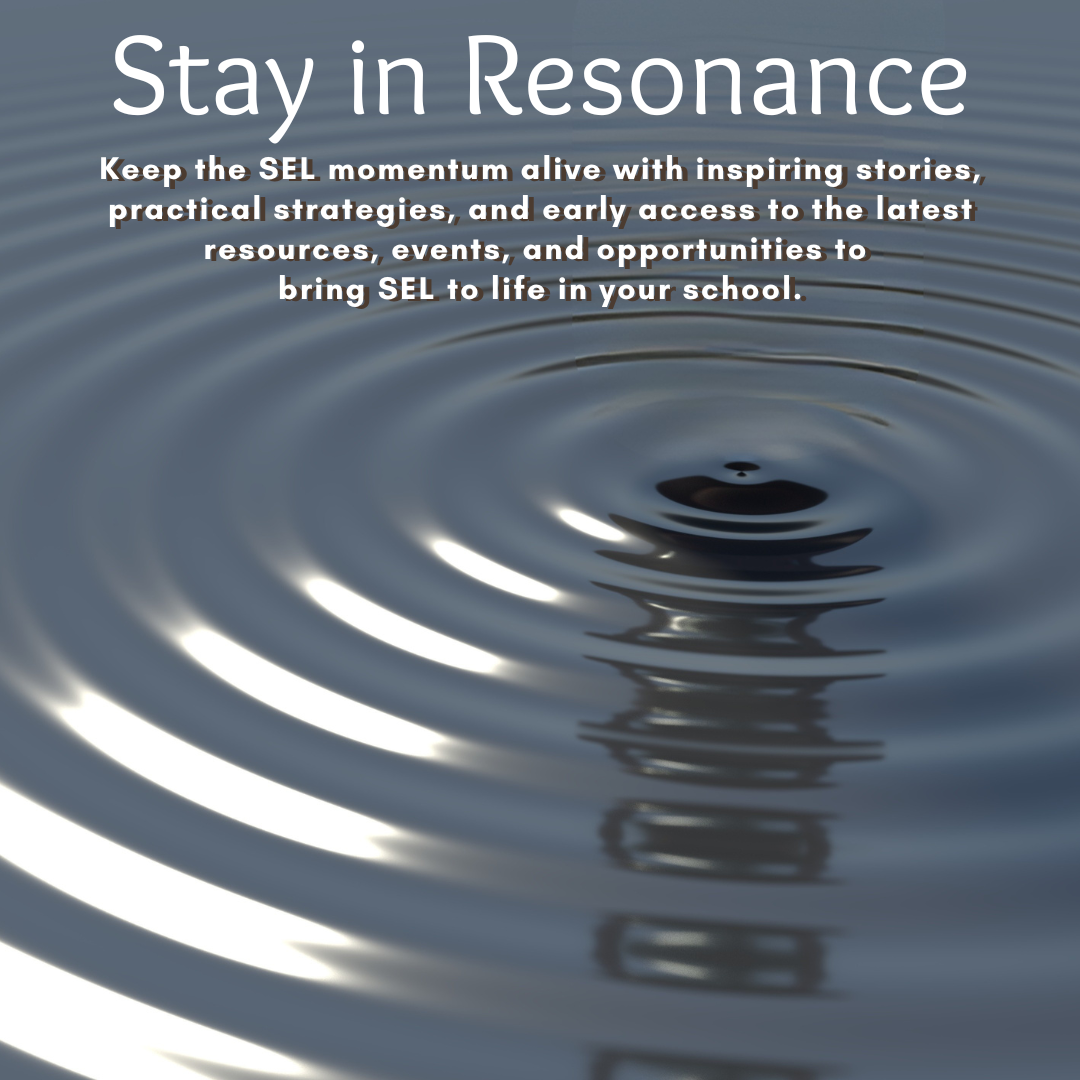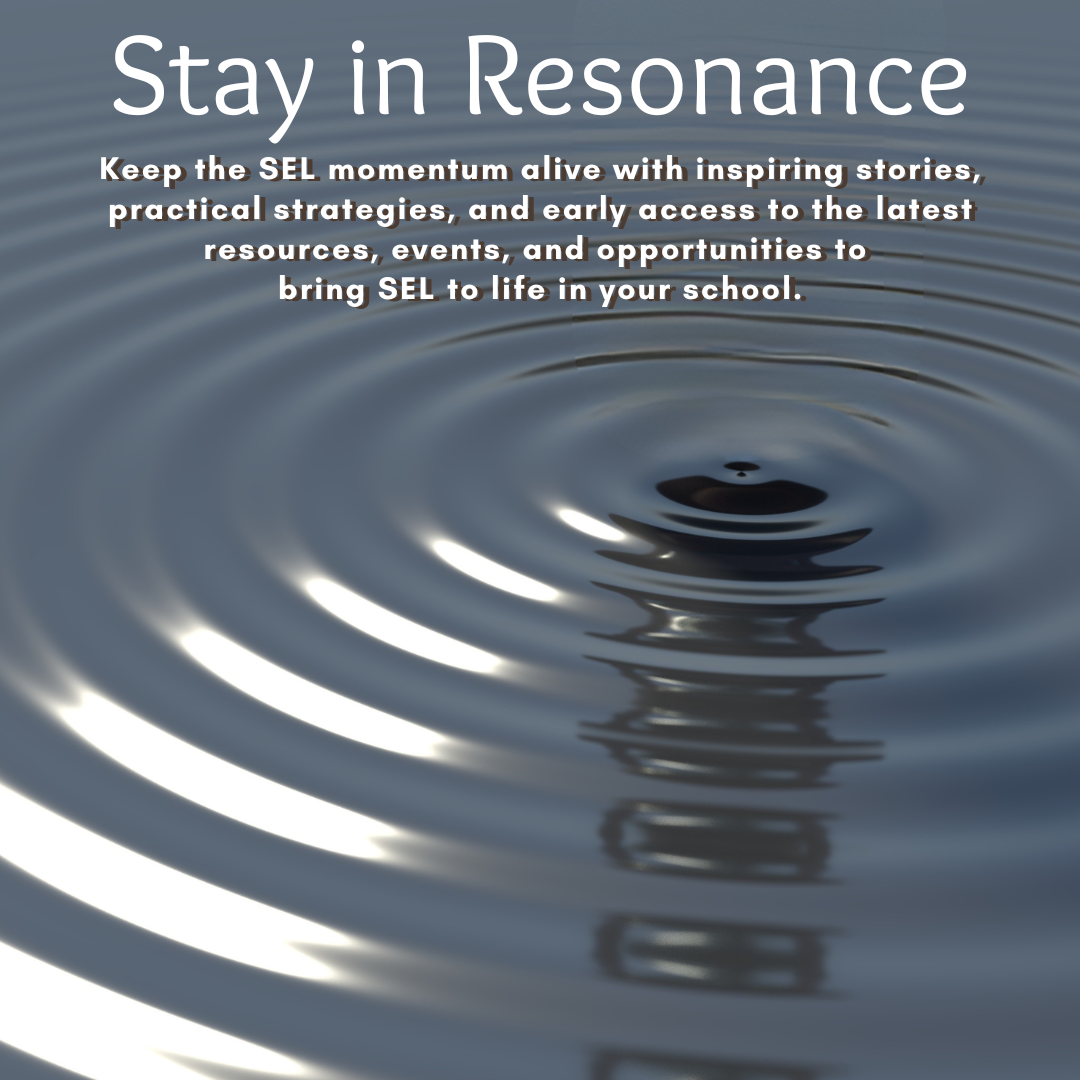043: Speaking Your Truth
Nov 03, 2022
Last week, I worked with educators in Illinois on “Reaching and Teaching Students Experiencing Poverty.” As with every session related to topics that ask participants to share and reflect on their own experiences, I explained four agreements that I felt would enhance our ability to learn with and from one another.
Once I explained the four agreements, my colleague Corey and I went around the room to ask each participant if they could do their best to abide by the agreements. It is important to note that we acknowledge that we are human and will make mistakes - and we pledge to keep these agreements close to our minds for the day.

I approached the second table and moved my attention to the first person asking, “Do you agree to do your best by these agreements?” She (Sarah) responded, “Yes, but I do have a request first. Can we switch out the words “Truth” with “Perspective?”
“Tell me more,” I inquired.
She continued, “When someone has a Truth, there is no room for shifting or changing their mind. But, if someone has a Perspective, they can shift or change their view.”
A lightbulb went off. I understood what Sarah said. I disagreed philosophically, but I understood. For the first time in my life, words like “epistemology” and “ontology” meant something to me outside my doctoral dissertation.
Epistemology is a Greek word whose root means “knowledge” and is the study of knowledge and how to reach it. Ontology is another Greek word meaning “being” and is the study of the nature of reality.
Sarah and I had different philosophical approaches to truth and reality. I take a constructivist approach to ontology and epistemology; there are multiple Truths, and they can all exist in the same space. Our Truth is our story, and it can exist concurrently with others’ stories - even if they are very different (because they are subjectively interpreted).
While she may not have had the label for it, Sarah took a positivist approach to ontology and epistemology. She believed that there is one Truth - and that once you identified your Truth, it left little room for shifting and learning from others. For her, “Perspective” offers more avenues for learning from one another.

Image from Pediaa.com
By the time Sarah and I had found our common ground, Corey had already spoken with every other participant in the room. So instead of moving forward, I felt it was a great “in-the-moment” opportunity to share our conversation with the whole group.
The conversation reminds me that words matter. It also reinforces the power of open, honest, respectful dialogue among individuals to best understand and connect.
After looking through the chart, how would you label your ontological and epistemological views? One is not any better than the other; they co-exist. But they DO frame how we view and interact with the world.
How might knowing our philosophical views prevent misunderstandings, disagreements, and conflicts?


